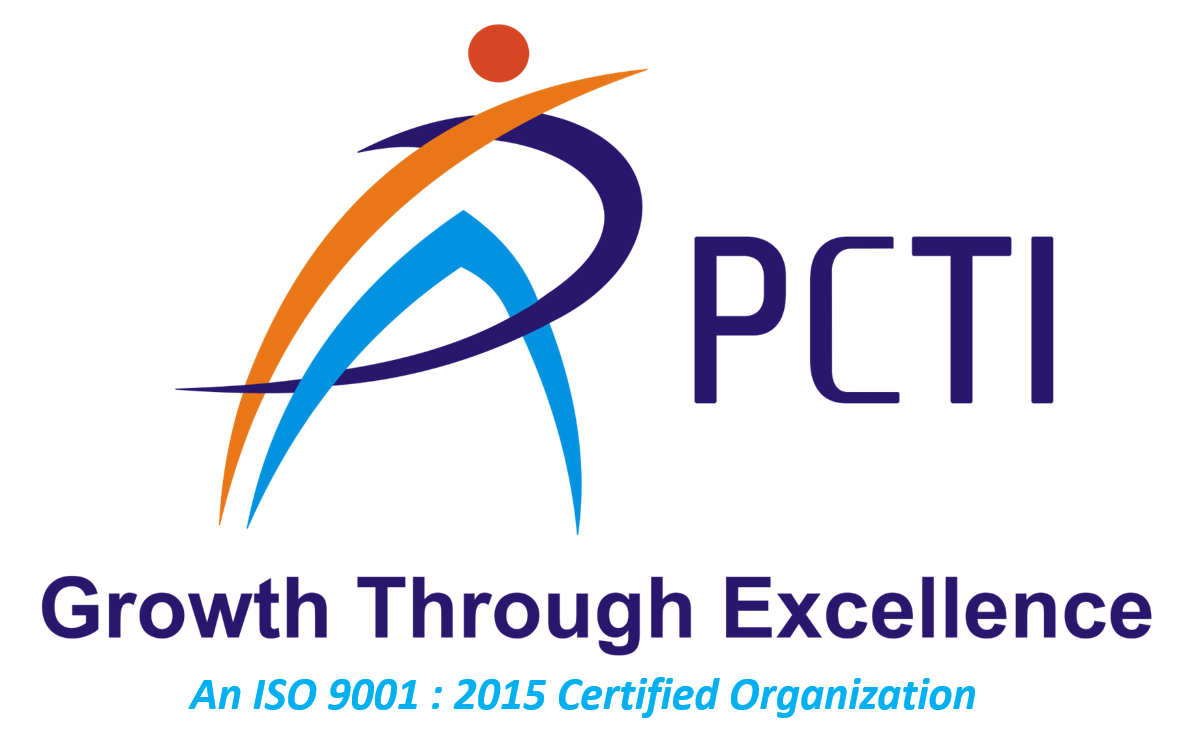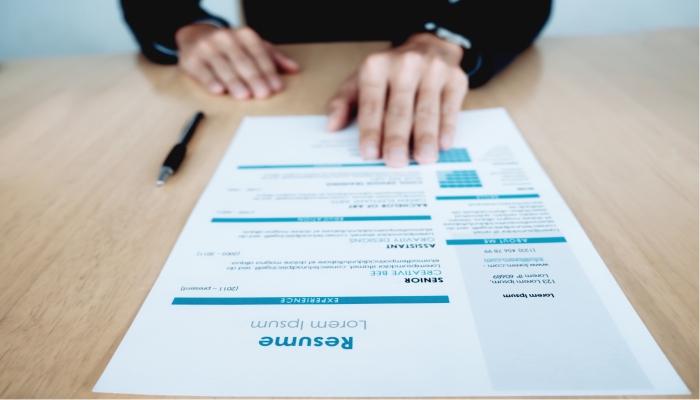Tips for interview and importance of resume
An interview is a conversation between two or more people where questions are asked by the interviewer to elicit facts or statements from the interviewee. It is to find the candidate who is aspiring to join an organization on a definite post.
But on an important day like a job interview, many lose confidence. This is an appropriate opportunity not to slip out of hand, even if you deserve the job. Nervousness is natural, but the trick is to project self-confidence and prove that you're worth it
I had a job interview at an insurance company once, and the lady said 'Where do you see yourself in five years?' I said, 'Celebrating the fifth year anniversary of you asking me this question!'
Mitch Hedberg
ATTENDING THE INTERVIEW
SOME GENERAL DO’S AND DON’TS
DO:
Arrive in good time. The interview Panel may be interviewing a lot of candidates so do not keep them waiting.
Dress appropriately. some organizations specially technology Companies have a very casual dress code, but for most a suit will be more appropriate interview wear.Remenber you have been judged on the appearance that you present.
Behave appropriately which usually means following the interviewer’s lead, if you are offered a hand to shake, then shake it, but don’t offer your hand.
Engage with the interviewer’s, smile, make eye contact and build rapport.
Answer the questions that are asked using relevant examples, where at all possible. Put your phone on silence mode
Have a firm grasp on your CV, the job you're applying for and the company. Be specific about your achievements and your growth so far. Set examples of events that set you apart from others. Think of a reason why the interviewer should hire you.
DON’T:
Don’t talk much about yourself, do not lie or exaggerate, if you want a job. Be enthusiastic and positive.
Do not be over familiar or share too much information.
First impression may or may not be the last one, but it definitely is a lasting impression. Make sure, you get it right.
WHAT IS A RESUME?
Resume’ is a word you’ll hear a lot during the job-hunting process. A resume, sometimes called a CV or curriculum vitae, is a document that lists your work experience, education, skills and achievements.
WHAT SHOULD MY RESUME INCLUDE?
- Personal Details
- Career objectives and summary
- Education
- Work Experience
- Skills, Strengths and interests
- References
WHY IS A RESUME IMPORTANT?
A resume is an important tool for your job search because it offers a page or two where you can display your top skills and qualities. However, a resume is much more than that. Resumes help employers make hiring decisions and help you get your first interview. That's why it matters how you structure your resume and what information you decide to include.
Think of a resume as a tool for marketing yourself. It’s more than just a document: It outlines your background, your skills, and your education so that a potential employer is quickly and easily able to see how your individual experiences can contribute to a company’s success.
In today's competitive market of professional jobs, a resume is usually a base requirement for moving forward in the interview process. A good resume will immediately display to employers why the candidate is a good fit. Here are some reasons why you need a resume to get your next job career move:
- A resume outlines your relevant skills and experience
- Displays the benefits you offer employers
- Grabs the attention of employers
- Matches you to the position
- Can lead to an interview
If you’ve never written a resume, don’t worry. Visit how to write a resume to learn how to format your resume, which information to use, and much more. A perfect resume isn’t difficult to write with Ginger writing center on your side.
Resume examples provide valuable insight. What does a winning resume look like? Spend some time viewing professional resumes, and use them as a roadmap to write a great resume of your own.
Avoid embarrassing formatting mistakes that could cost you the job of a lifetime. Useful resume templates can be customized to suit your needs, no matter what type of job you are seeking. Functional resumes, chronological resumes, and combination resumes have important differences, but deciding which one to use doesn’t have to be difficult. In A complete guide to various types of resumes, you’ll find resume writing tips and vital information for properly preparing resumes of all types. Choosing and preparing the right type of resume will help you stand out to employer.

